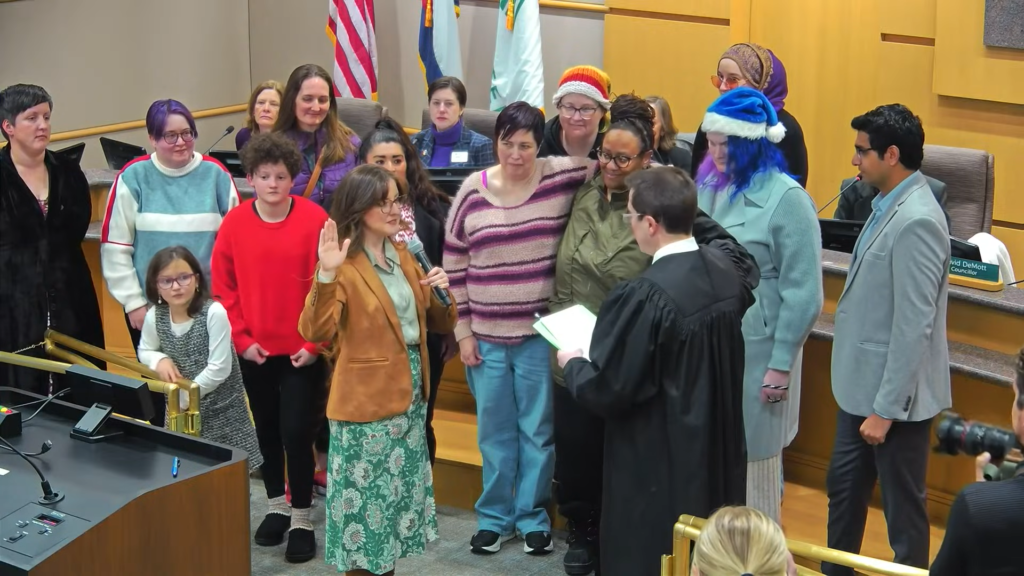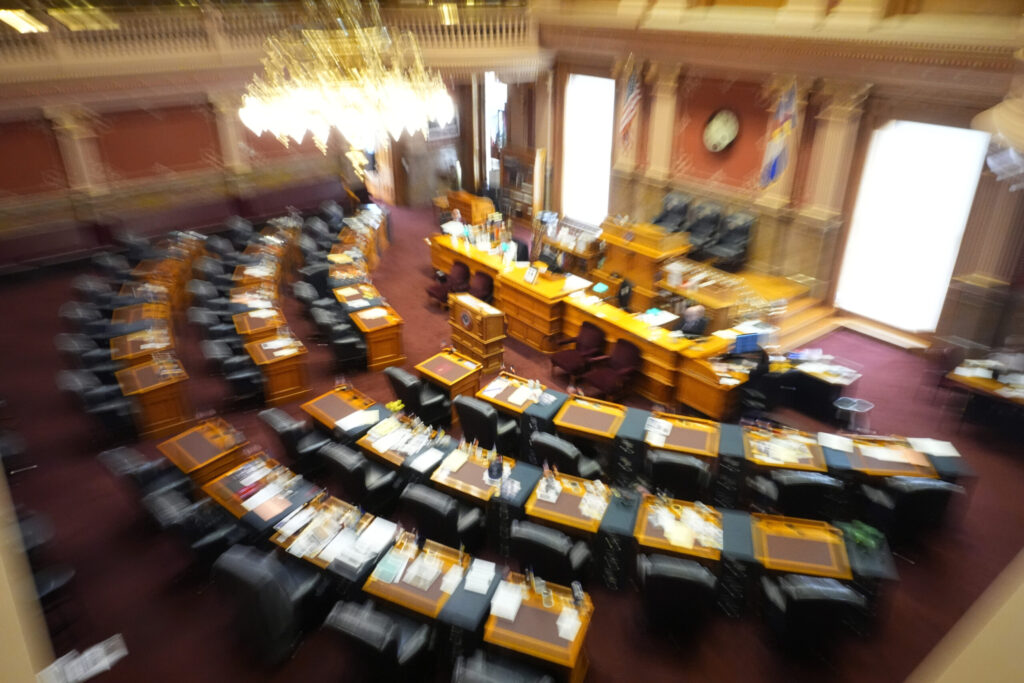Bill aims to add the word ‘consent’ to Colorado’s sexual assault law
Legislators want to add the word “consent” to Colorado’s sexual assault statutes in an attempt to make the law clearer and more concise.
Currently, sexual assault is defined as sexual intrusion when “the actor causes submission of the victim by means sufficient to cause submission against the victim’s will.” If passed, House Bill 1169 would change the wording to when the accused causes sexual intrusion “knowing the victim does not consent.”
Rep. Dafna Michaelson Jenet, D-Aurora, one of the bill’s sponsors, said the law’s current language is “archaic” and “confusing,” making it difficult for juries when deciding whether a sexual assault was committed.
“The language that is given to juries in sexual assault trials is from the ‘70s and it hasn’t been updated to include the word ‘consent,’” Michaelson Jenet said. “At the time the language was put into place, only women could be victims of sexual assault and you could not be assaulted by your spouse. Things are far different in understanding the landscape of sexual assault today.”
Michaelson Jenet said she hopes the bill will contribute to making sexual assault “uninviting” in Colorado. Last year, the Colorado Coalition Against Sexual Assault reported that Colorado’s sexual violence rate is higher than the national average. The organization said 23.8% of women in Colorado had experienced sexual violence, compared to 18.3% nationally.
This comes as conversations around consent and sexual assault have surged in recent years, largely sparked in 2017 by the #MeToo Movement and the beginning of the annual Women’s March. Though reported incidents of sexual violence have fallen by half in the last 20 years, a sexual assault still occurs in the United States every 68 seconds, according to the Rape, Abuse and Incest National Network. Less than one in three sexual assaults are reported to law enforcement, and, of those reported, only around 16% result in arrests and 9% result in felony convictions, the network says.
If the proposed bill’s new language was implemented before, it may have resulted in convictions in previous sexual assault cases in Colorado, said Jessica Dotter, sexual assault resource prosecutor of the Colorado District Attorneys’ Council.
“There were situations where the victim was clear that they did not consent, but the jury put an additional burden on them to have fought back to show that they didn’t submit, which we know is not common in sex assault,” said Dotter, who has worked as a prosecutor for nine years and solely prosecuted sexual assaults for the last six years.
Dotter said words in the current law, such as “submission” and “sufficient consequence,” are not legally defined, leaving their interpretation open to each individual juror. In contrast, the words “knowing” and “consent” used in the proposed bill are already defined under Colorado law.
Appeals court reverses convictions after finding Denver prosecutors committed misconduct
“It’s going to allow juries to get clearer information on how sex assault is committed in the way that we all talk about sex assault as a society,” Dotter said. “I don’t think even one case in which jurors misunderstand the law and then give an incorrect verdict is something we should allow in the criminal justice system.”
The bill would maintain Colorado’s existing legal definition of consent for sexual activity, which is cooperating in a sexual act using free will and with knowledge of the nature of the act. The definition also specifies that a current or previous relationship does not constitute consent and consent cannot be given under the influence of fear.
In addition to helping jurors understand the law, Dotter said the bill would clarify the definition of sexual assault for victims in the hopes of allowing them to feel more comfortable reporting their assaults to law enforcement.
The bipartisan bill — also sponsored by Delta Republican Rep. Matt Soper — has received no formal opposition from legislators or stakeholders. The groups Colorado Coalition Against Sexual Assault, the Denver Health Hospital Authority and Violence Free Colorado have all spoken in support of the bill.
The proposed bill is scheduled to be voted on by the House judiciary committee on Feb. 15. If enacted, the bill would go into effect on July 1 and apply to sexual assaults committed on or after the date.
Lawsuit against Archdiocese of Denver among the first brought under new victim rights law



















